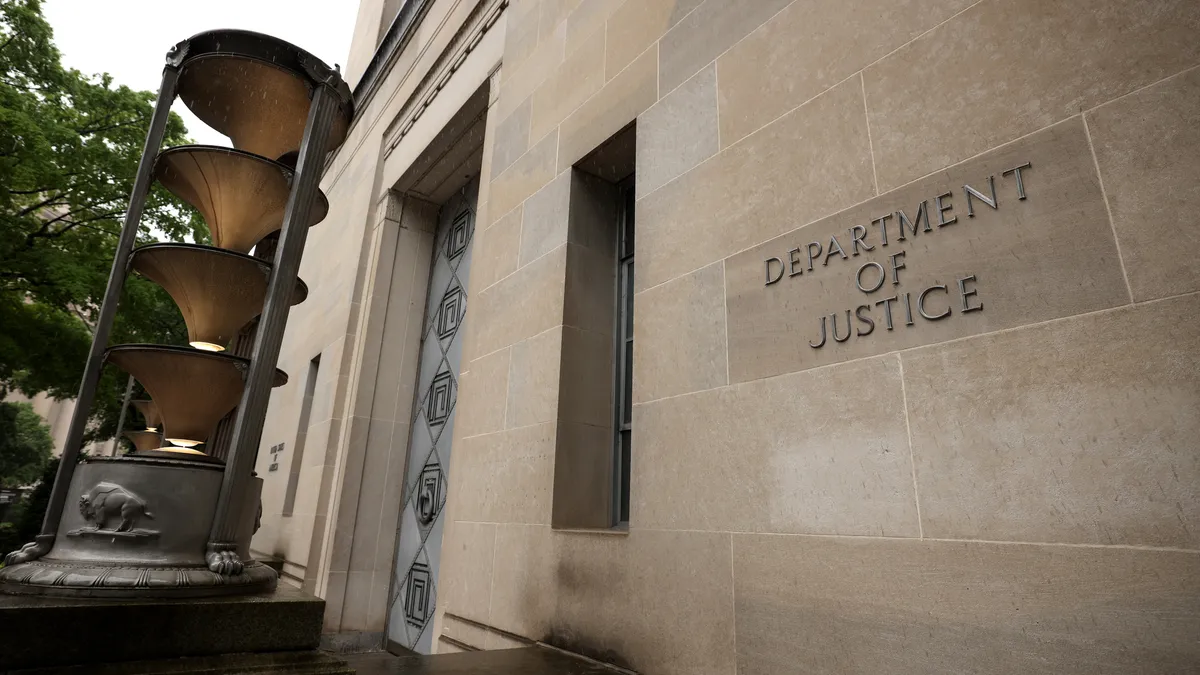Executives are doing the right thing when they self-report company misconduct to the Department of Justice but self-reporting also helps the agency in its covert operations, Emma Burnham, DOJ’s director of criminal enforcement, told the New York City Bar last week at a compliance event.
“Juries can be skeptical of immunized cooperator testimony or stale evidence,” she said October 18, and “conspirators might seek to destroy evidence once they become aware of our investigation.” But evidence like “wiretaps, video recordings and … ephemeral messaging” that the agency gets through covert operations after an executive self-reports is “irrefutable evidence juries can’t ignore,” she said.
For a covert operation, the agency might issue search warrants for electronic evidence, including Title III wiretaps, get consent to use an insider to record communications and send in undercover agents – “all tools at our disposal,” she said.
The agency has traditionally given companies leniency for cooperating in an investigation, but in a push it began last year, it wants executives to come forward before the investigation starts; it’s no longer enough to be cooperative once DOJ already has a reason to suspect something is going on.
“That change encourages disclosures while the conspiracy is ongoing, allowing us to take covert steps,” she said.
Executive culpability
The agency’s push has also focused on individual accountability, which means executives face criminal prosecution if they know their company is engaging in misconduct and do nothing about it.
“Culpable personnel [are exposed] to jail time instead of the certainty of nonprosecution,” she said.
She pointed to prison sentences of 78 and 49 months for two executives among others who were hit with jail time within the last year.
Those who come forward, by contrast, can get a break — “coverage for cooperating culpable executives,” she said.
The agency is thinking broadly in terms of who it believes can help it get inside a company while the conduct is still happening, Burnham said. That broader thinking means it doesn’t want to hear just from co-conspirators who are concerned about their criminal exposure; it wants to hear from anyone who is in a position to know what’s going on.
“Confidential sources and cooperators best positioned to notice potential crime [are] not just coconspirators but also whistleblowers not directly involved in the conduct,” she said.
In what amounts to a public service announcement, she said leaders “that choose gamesmanship over good corporate citizenship” not only put their companies at risk of corporate criminal exposure, they put their “executives’ liberty” at risk as well.











